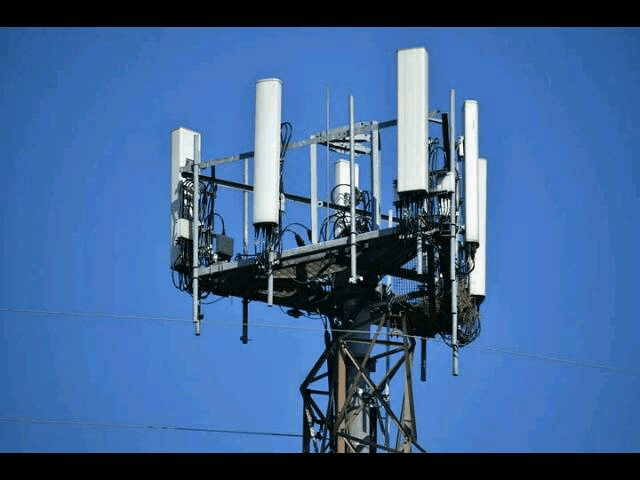With the relating truly increasing use of wireless devices with fifth-Generation (5G) connectivity expansion, the power consumption and energy efficiency of cell networks have become important performance indicators. However, the satisfaction of some users is not met – an incredible number of individuals have sufficient Wi-Fi connection during the day, while some have enough 4G LTE.
Also, statistics have it that about 40% of users turn off 5G altogether. Of course, a study conducted by the popular Android Authority portal involved more than 1,300 respondents. Additionally, owing to the fact the technology is not as popular as one might expect survey participants were encouraged to share their remarks.
As it ended up, 5G is consistently active just in 50.11% of respondents. The coordinators didn't preclude that some don't yet have the foggiest idea how to incapacitate this very energy-burning-through work.
As it turned out, 5G is always active only in 50.11% of respondents. The organizers did not rule out that some just do not yet know how to disable this very energy-consuming function.
Remarkably, there is a really large number of users who have 5G “always off” – their share was 39.4%, and they use smartphones without activating the new function in any circumstances. It is assumed that such users are yet to see the real benefits of 5G or the quality of communication of the next generation in the region where they live, while it leaves much to be desired.
Finally, 10.51% of respondents turn off 5G in cases where the corresponding signal is weak or the battery of the smartphone is almost empty.
It is noteworthy that the poor signal quality was noted by many; obviously, the technology has not yet reached a sufficient level of development.
Here are some user feedbacks:
“I never turn off 5G. My Pixel 5 does it for me. ” Or “ If you’re driving, walking; or entering a building, don’t even think about turning on 5G as LTE will be faster. I turned off 5G on my iPhone to conserve battery power,” are common comments.
Experience shared by certain users shows that the performance is high in tests of 5G, and in genuine conditions, it is much slower than LTE. But when utilizing 4G, pages load quicker.
Simultaneously, users have it that in principle, the connection ought to be astounding since they are in regions "suturated" with 5G towers.
Significantly, the portal didn't stick to the standards of the study, and everybody could take an interest in it without affirming the predetermined info.




I hope it turns out for the good.
ReplyDelete